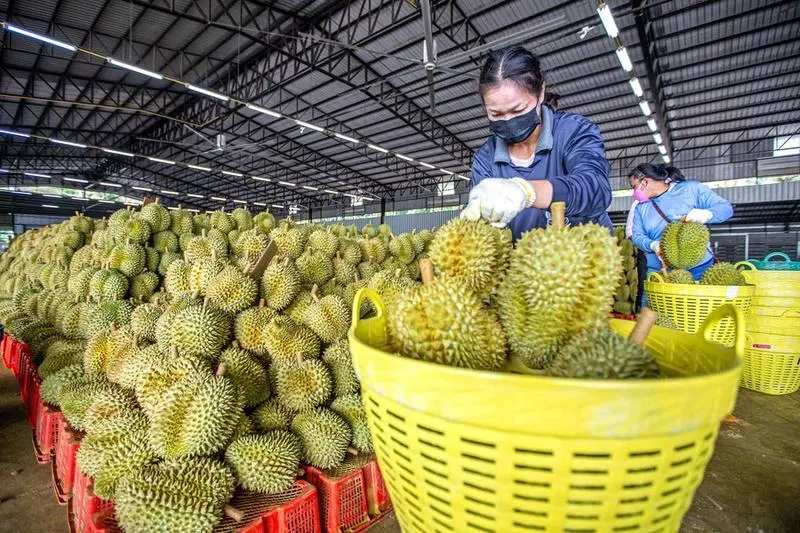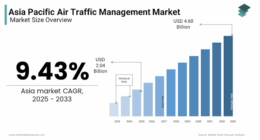Thailand’s New Durian Export Standards
Introduction of Stricter Regulations
Thailand is set to implement new legislation aimed at enhancing the quality of its durian exports. This initiative is designed to ensure that only the highest quality durians reach international markets, particularly China, where demand is rapidly increasing. The Thai government aims to achieve a staggering 1 trillion baht in export value from durians in the future, positioning itself as a leader in the global durian market.
Legislative Framework for Quality Assurance
In a recent Cabinet meeting led by Prime Minister Srettha Thavisin, the Ministry of Agriculture and Cooperatives was instructed to draft regulations that will establish strict standards for durian exports. These regulations will focus on preventing the export of immature fruits and will require processing and packaging facilities to obtain certification. Specific criteria include minimum dry weight percentages for different durian varieties: 32% for Monthong and Chang, and 28% for Kradum.
Enhancing Competitiveness in Global Markets
Addressing Emerging Competition
As competitors within ASEAN and China begin to cultivate their own durians, Thailand recognizes the need to maintain its competitive edge. The new regulations are part of a broader strategy to standardize quality and expand market share. The durian industry has become increasingly vital, generating approximately 120 billion baht in export revenue last year alone.
Anticipated Impact on Export Value
Thailand produced around 900,000 tons of durians last year, with a significant portion exported to China. With consumption trends indicating a potential increase in demand by up to 1 million tons this year alone, the Thai government is optimistic about the future growth of its durian export market. Projections suggest that the value of exports could reach 1 trillion baht as consumption continues to rise.
Challenges Facing Durian Exporters
Navigating Strict Import Regulations
Despite the positive outlook, Thai durian exporters face challenges related to strict import regulations in China. Recent measures include extensive testing for contaminants, which can lead to significant delays and losses if shipments do not meet health standards. Exporters have reported substantial financial losses due to these rigorous checks, highlighting the need for stringent adherence to quality control measures.
Climate Change and Production Risks
The durian industry is also grappling with the effects of climate change, which has impacted flowering patterns and overall production levels. The Office of Agricultural Economics anticipates an increase in harvests this year; however, environmental factors continue to pose risks to premium variety outputs. The government aims to address these challenges while promoting sustainable practices within the industry.
In conclusion, Thailand’s commitment to implementing stricter export regulations reflects its determination to enhance product quality and maintain its status as a leading exporter of durians globally. As demand continues to grow, especially in China, these measures are expected to bolster Thailand’s competitiveness in the international market while addressing emerging challenges.









